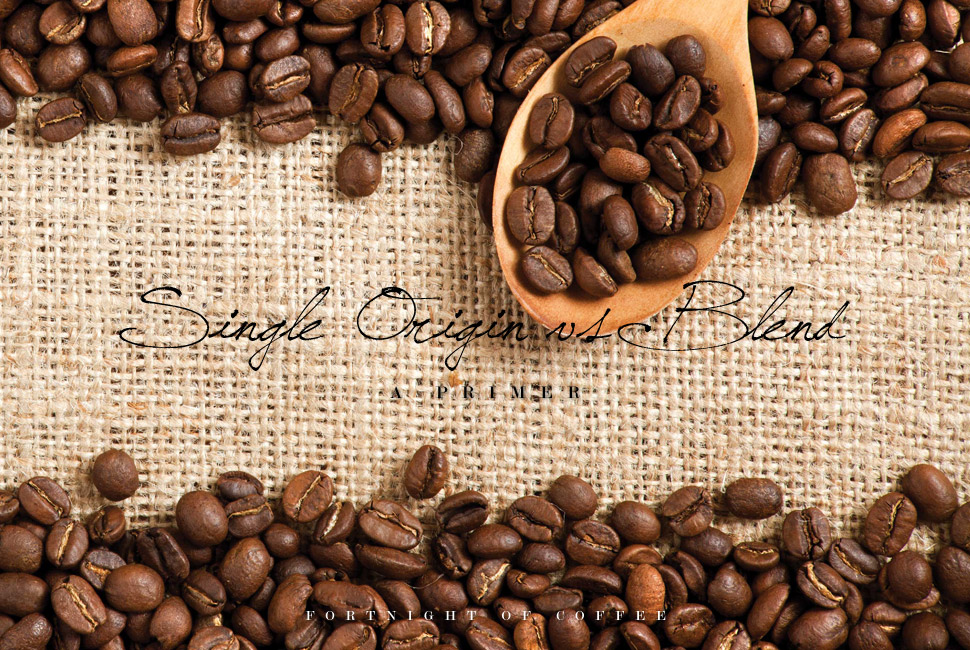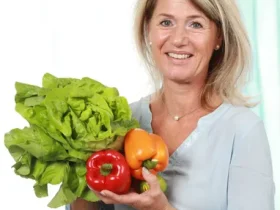Single origin coffee is a byproduct of the third wave movement in coffee roasting. It highlights the link between a region’s culture and the unique flavor profile of its beans.
A coffee’s taste depends on a variety of factors including the soil, farmers’ traditions, growing conditions and processing methods.
Origin
If you’re a coffee lover, then you already know that the world is full of delicious varieties. In fact, true lovers go so far as to identify their favorite beans and roasters, supporting the ones that support social and environmental conditions in the farms where they’re produced.
Single origin is a coffee concept that focuses on the geographical origin of the beans. This includes the region, soil type and production methods that give them their unique flavor.
For example, a cup of coffee from Tanzania can have fruity tastes because it’s grown in the regions near Mount Kilimanjaro. Likewise, a cup of coffee from Nicaragua will have vanilla or citrus flavors because it’s grown in high altitude regions. Single origin coffees are usually rare, so they tend to be more expensive than blends. This is especially true for estate coffees, which are harvested from one specific farm. That’s why many coffee blends have a mix of single origin and non-single origin beans.
Taste
Single origin coffee is a way to connect with the people that produce your beverage. It allows you to see where the beans come from and understand what makes them special. This transparency is good for everyone involved. It increases the quality of the beans and it also removes subconscious biases that can happen when judging a cup of coffee. It is an increasingly popular practice and many specialty roasters are embracing it.
Single-origin coffee is often roasted lighter to highlight the delicate flavor notes and aromas of each bean. These flavors can be enhanced when milk is added. However, some people prefer to drink their coffee black in order to appreciate the nuances that Mother Nature creates through terroir.
Single-origin coffee can range from a country to a specific farm or even a micro-lot within that farm. Each one will have its own unique flavor that will reflect the conditions of a specific time and place.
Health Benefits
Coffee is more than just a morning pick-me-up; it contains a host of health-boosting nutrients and antioxidants. It’s also a great source of energy, and can improve focus and reaction times, boost metabolism, and prevent heart disease.
When you choose a single origin, you’re supporting the farmers that grow it. By buying their beans, you’re ensuring that they get the best possible price and are using environmentally and socially responsible practices.
Single origin is also a way to support the local community and celebrate its culture through the taste of their coffee. This is especially true for estate coffees, which are grown on individual farms in far-flung equatorial countries and offer the opportunity to taste the unique characteristics of that place, such as fruity berry notes or nuttiness. As a result, they’re prized by many baristas. They may be more expensive, but are a great option for those seeking a rich flavour profile and to support the local economy.
Value
Single-origin coffee can be a great way to learn more about where your beans are coming from. Differentiating it from blends in shops is easy, as many single-origin coffees have the country of origin clearly printed on their packaging (such as our bestselling Downtown Blend).
It can also be an opportunity to learn more about sustainability and ethical sourcing. Many single-origin coffees are certified organic, fair trade, and free trade, giving consumers the assurance that they’re getting a high-quality product while supporting sustainable agriculture practices.
Single-origin coffees provide a unique taste profile and can be a great addition to any home brewing setup. Many specialty coffee shops offer a selection of single-origin whole beans, providing an excellent experience for both new and seasoned coffee lovers. Coffee enthusiasts often go to great lengths to identify their favorite beans, roasters, and growing regions, and will even support a specific farm or coffee producer if they can. This passion is helping to fuel the growth of the global single-origin coffee market.




Leave a Reply